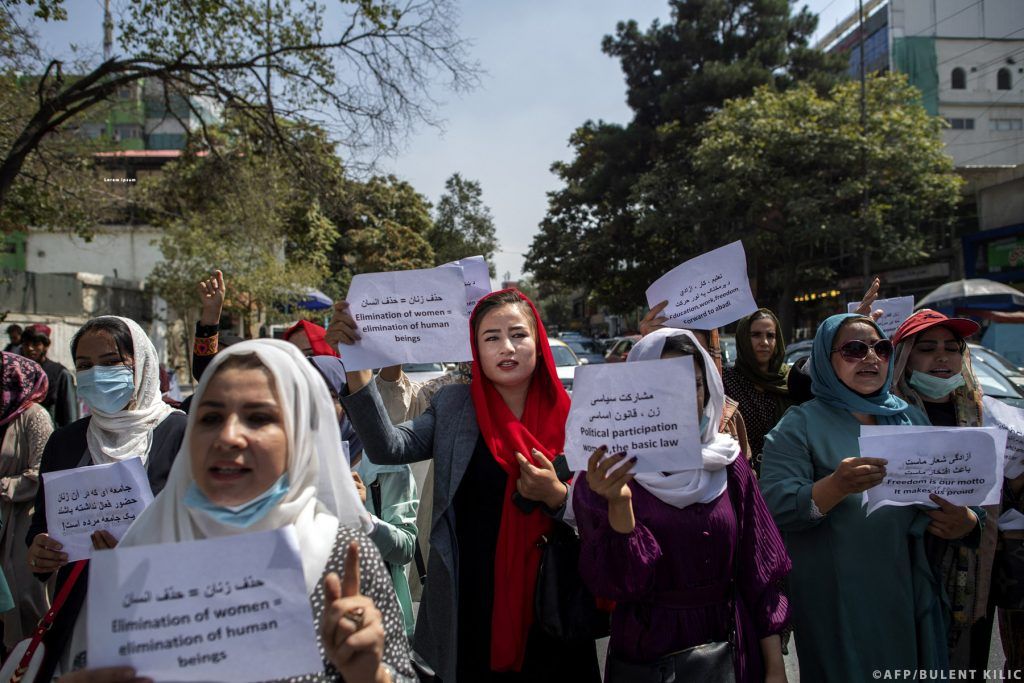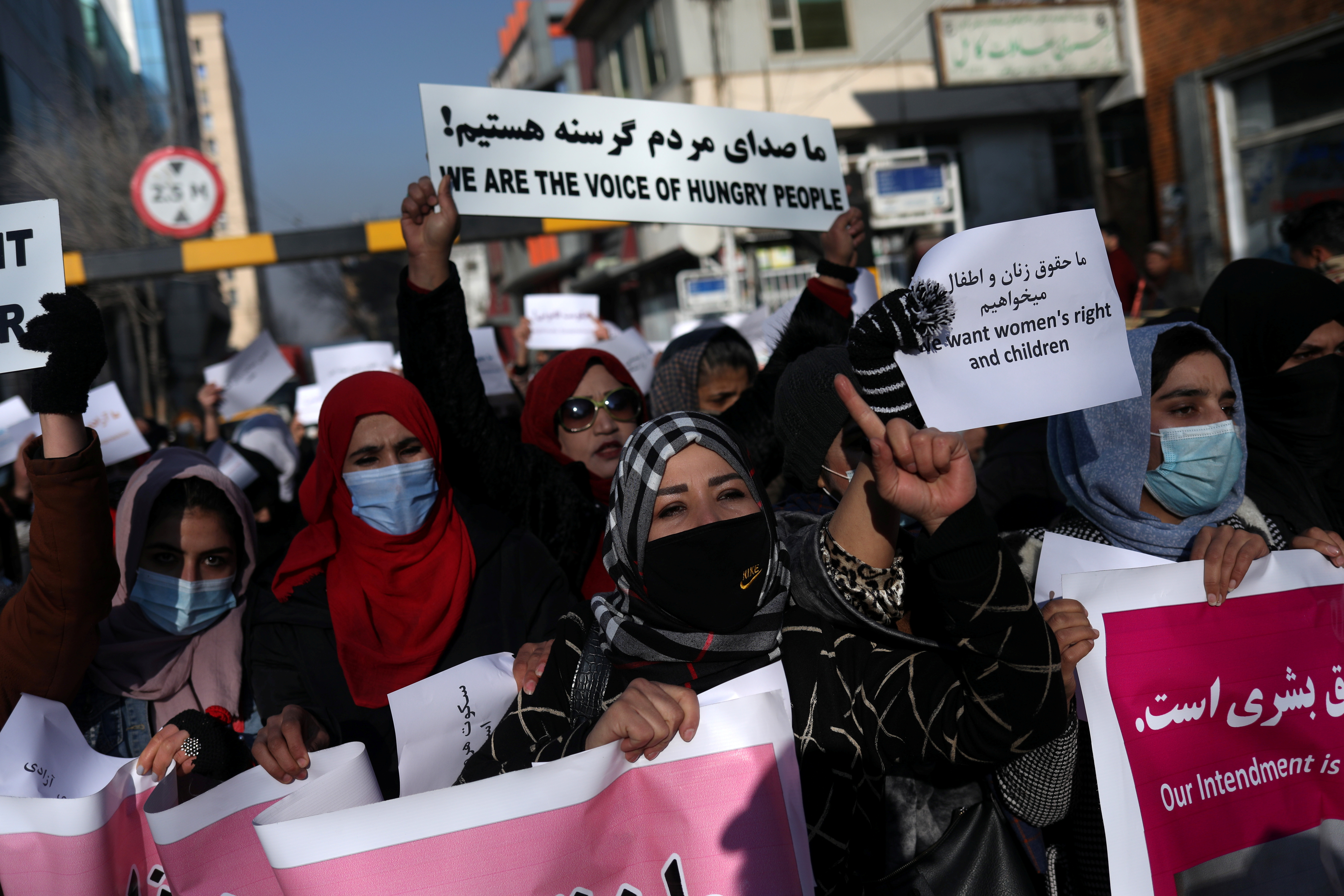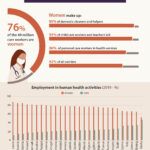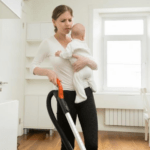Parliament’s “Afghan Women Days” kicked off with a high-level conference this week. This event will gather MEPs, prominent Afghan women who were finalists for Parliament’s 2021 Sakharov Prize, Commission and United Nations representatives as well as representatives of other international organisations, to address and cast light on the extremely worrying situation for women in Afghanistan following the Taliban’s return to power last year. The takeover of the country by the Taliban has resulted in women exclusion from government and education and their rights and freedoms are threatened. The international community, including the European Parliament, has called for guarantees for Afghan women and girls. MEPs deplored “the recent political, military and moral calamity in the country and expressed deep concern about the situation.“ They also pushed to tackle the humanitarian crisis. In a resolution from last September the European Parliament called also for special visa programme for Afghan women seeking protection.
Women in Afghanistan: Parliament raises concerns
Afghanistan has long been a concern for the EU. After the withdrawal of US and Nato troops out of the country and the Taliban’s return to power in August 2021, Parliament called for the evacuation of EU citizens and Afghans at risk and the protection of human rights in the country, in particular women’s rights.
The majority of women have been prevented from returning to the workplace, universities and schools. The Taliban do not foresee women participating in leadership roles in Afghanistan and they are using lethal force to disperse women’s rights protests.
“For Afghan women and girls, [the Taliban takeover] means systemic and brutal oppression in all aspects of life,” said Evelyn Regner, who was chair of the Parliament’s women’s rights committee at the time. “In Taliban-controlled areas, women’s universities have been closed, they are denying girls access to education and women are sold as sex slaves.”
The EU and Afghanistan
The EU is committed to finding ways to best help those on the ground and in exile. Afghan nationals have been among the largest groups of asylum-seekers and refugees hosted on European territory since 2014. About 600,000 Afghans were internally displaced in 2021 alone and 80% of them were women and children.
EU countries together evacuated 22,000 Afghans, including people such as human rights defenders, women, journalists, civil society activists, police and law enforcement officials, judges and professionals of the justice system.
During a G20 meeting in October 2021, the European Commission announced a support package worth €1 billion for the Afghan people and neighbouring countries, addressing the urgent needs in the country and the region. The EU is also hoping to establish a diplomatic presence on the ground in Kabul. EU foreign affairs ministers agreed that the EU would engage with the Taliban if they respect human rights, in particular women’s rights, and establish an inclusive and representative transitional government.
Parliament’s role
In a statement issued in August 2021, MEPs urged authorities in Afghanistan to respect basic human rights and the achievements of the last 20 years in the fields of women’s and girls’ rights, the right of education, health care and social and economic development. In a resolution adopted in September 2021 on the situation in Afghanistan, Parliament called on the EU and its member states to cooperate on the evacuation of EU citizens and Afghans at risk and establish humanitarian corridors for Afghan refugees seeking protection in neighbouring countries.
MEPs also called for a special visa programme for Afghan women seeking protection. In October 2021, its women’s rights committee and the delegation for relations with Afghanistan organised a meeting where five Afghan women gave evidence about the situation of women under the Taliban authorities and discussed what they expected from the EU. After the hearing committee chair Evelyn Regner and delegation chair Petras Auštrevičius issued a statement stressing the need to raise the issue of the situation of Afghan women and girls in the EU’s contacts with the Taliban authorities and make it a priority in Parliament’s activities.
In 2021, a group of 11 Afghan women were nominated by the Parliament for the 2021 Sakharov Prize for Freedom of Thought, to honour their brave fight for equality and human rights.

Parliament’s human rights subcommittee is organising the Afghan Women Days on 1-2 February, pulling together key stakeholders including representatives from the United Nations and the Commission as well as various Afghan women, to raise awareness about the conditions in Afghanistan.
Parliament President Roberta Metsola and former Afghan Minister of Women’s Affairs Sima Samar will speak at the conference, while there will be recorded messages from Angelina Jolie, Special Envoy to the Office of the United Nations High Commissioner for Refugees (UNHCR), EU Commission President Ursula von der Leyen and UN Deputy Secretary-General Amina Mohammed.
Background
August 16, 2021: Afghanistan crisis: Safety of Afghan women and girls has to be a fundamental EU priority
Reacting to rapid developments on the ground in Afghanistan, Evelyn Regner, the Chair of the European Parliament’s committee on women’s rights and gender equality said:
“Now the Taliban have seized control of Kabul, a new reign of terror for people living in Afghanistan has begun. For Afghan women and girls, this means systemic and brutal oppression in all aspects of life. In Taliban-controlled areas, women’s universities have been closed, they are denying girls access to education, and women are sold as sex slaves.
“We must not turn a blind eye to a humanitarian crisis which will specifically affect women and girls in Afghanistan. All EU member states must work together to ensure the safe passage out of the country for anyone in danger. All further negotiations must guarantee the safety and well-being of Afghan women and girls.”
September 3, 2021: MEPs to discuss women’s rights in Afghanistan.
Members of the subcommittee on human rights and the committee on women’s rights and gender equality, in association with the Parliament’s delegation for relations with Afghanistan, will discuss the worrying situation facing women and girls in the country under the Taliban. During the debate, MEPs called on all EU member states to work together to ensure safe passage for anyone in danger and support the safety and well-being of women and girls from Afghanistan.
More information:
EU supports Afghan people with €268.3 million
First EU measures in response to the Afghanistan crisis
Parliament resolution on the situation in Afghanistan (16 September 2021)
Press release: safety of Afghan women and girls has to be a fundamental EU priority
Briefing: Afghanistan once more under Taliban rule







Leave a Reply